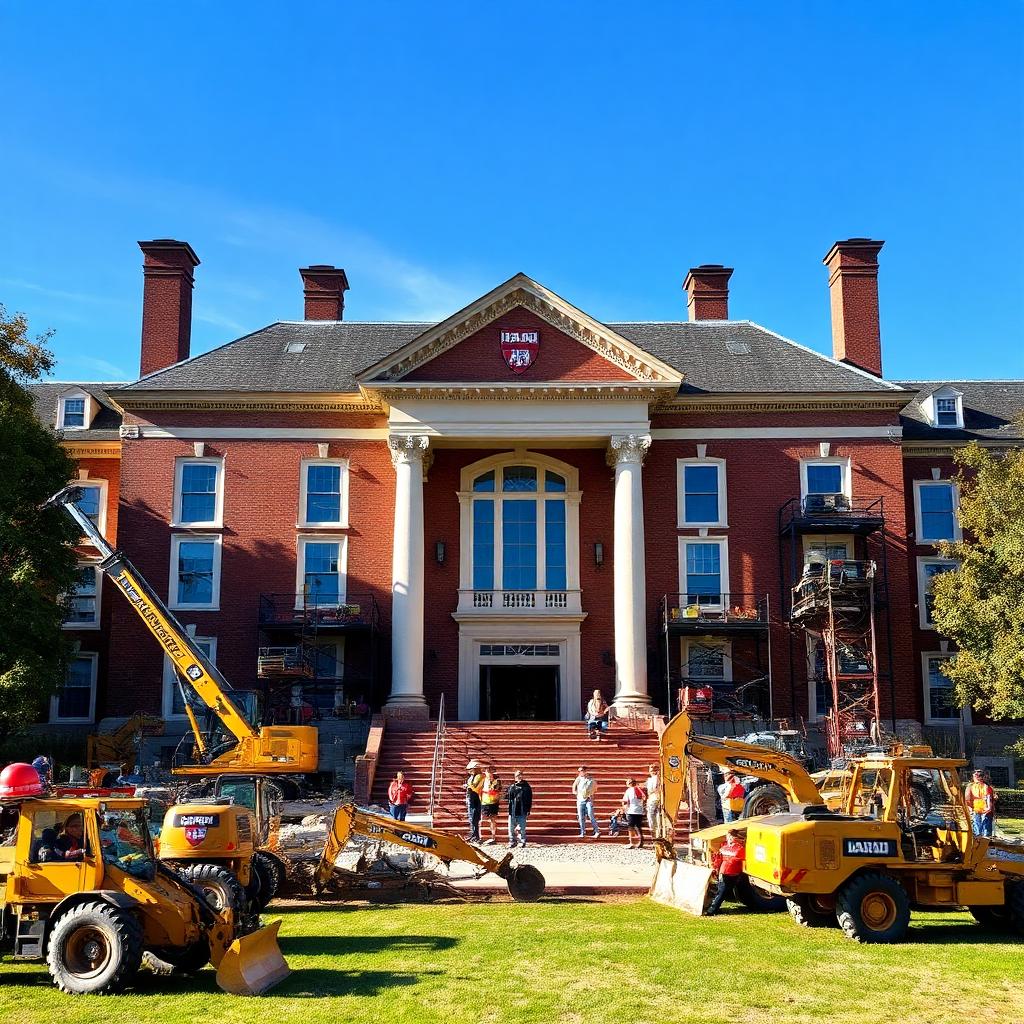I was inspired by the recent announcement that Harvard’s tuition would be free to students for families that make less than $200,000. It is an incredible opportunity for the 3.6% of applicants who will be accepted into the class of 2028 and graduate debt free. Every year, Harvard turns down extraordinary students – valedictorians, inventors, entrepreneurs, and social change agents. Admission to the Ivy League is akin to winning the lottery for many of the world’s top scholars. I have tremendous respect for the development professionals and faculty who work with donors to inspire contributions that advance bold ideas, like this one, to change the admissions landscape. I have an idea to propose.
I don’t work at Harvard. I’ve actually never worked in higher ed. One may argue that top tier independent schools are similar to mini liberal arts colleges but having joined the National Center for Construction Education and Research (NCCER) two years ago, I am seeing a brand new side of education. It’s a side of education that more people need to see.
The lack of craft professionals in the United States is stalling economic growth. The lack of awareness of these types of jobs is hindering social mobility and not breaking the cycle of poverty in the way that it could. This demand map, powered by data from Construction Industry Resources, shows job openings by craft and by state. This report shows the average earnings in each of those craft professions. We have a huge problem and a huge opportunity. The world is filled with complex problems that don’t seem to have solutions. This isn’t one of them.
Too many people think of construction as a low class job. I am surrounded by construction professionals who make more than my college educated friends. They went to trade school and graduated from apprenticeships. They have no college debt, own their own homes and, according to BambooHR, they are happier than people who work in any other sector. The net promoter score of people who work in the construction industry is 8 points ahead of the next closest industry. BambooHR reports “construction workers exhibit the highest levels of self-reported happiness compared to other major industries, largely attributed to rising wages and plentiful job opportunities.”
Imagine if we changed the narrative about what it means to work in the trades? What if we provided training for people who need a job but can’t access these opportunities. Could trade schools be free, like Harvard? What if community construction academies were accessible to those who could benefit most? Imagine if every high school could afford to offer a construction education program for students? It just takes the right donors who want to create measurable social impact – they will be the changemakers.
When I left a prominent independent school to join NCCER a former mentor privately reached out to me. To say he questioned my decision would be the understatement of the year. I came to NCCER because there is a real opportunity to create change on a national level.
This needs to be a cooperative effort but we CAN solve this problem. I’d love to spearhead an initiative that makes craft training free. We can start by expanding community construction academies. These fast-track training programs reach people facing barriers in underserved communities and get them into the workforce in three months. We can build pathways to create or expand employer-based training to allow the learning to continue. We can start construction programs in high schools in districts that cannot afford the start-up costs.
I’m excited to work with employers to fuel their talent pipelines with new entrants from those programs. Are you a change agent? Maybe you, or your organization, can help me do it? Let’s talk mperkins@nccer.org.

